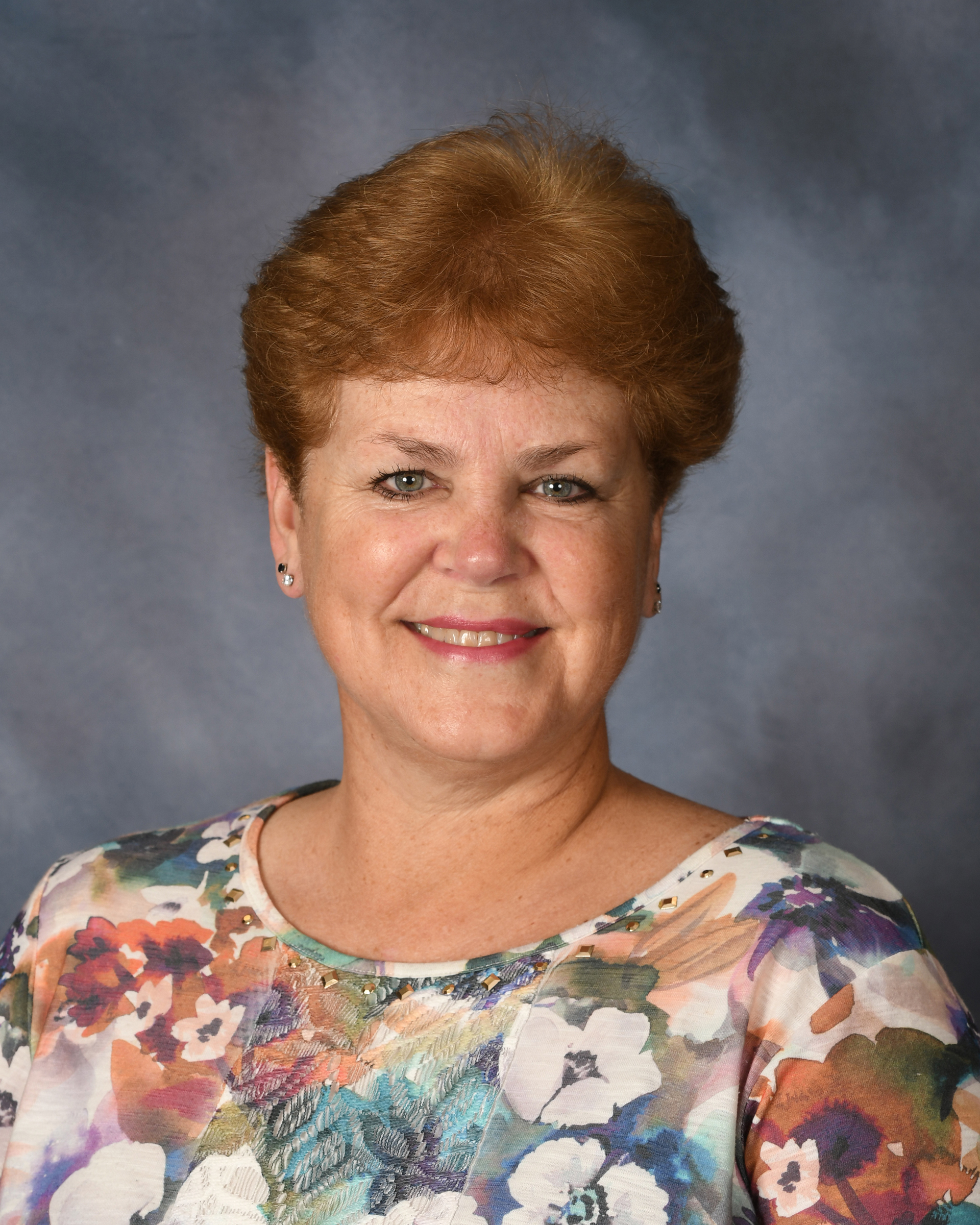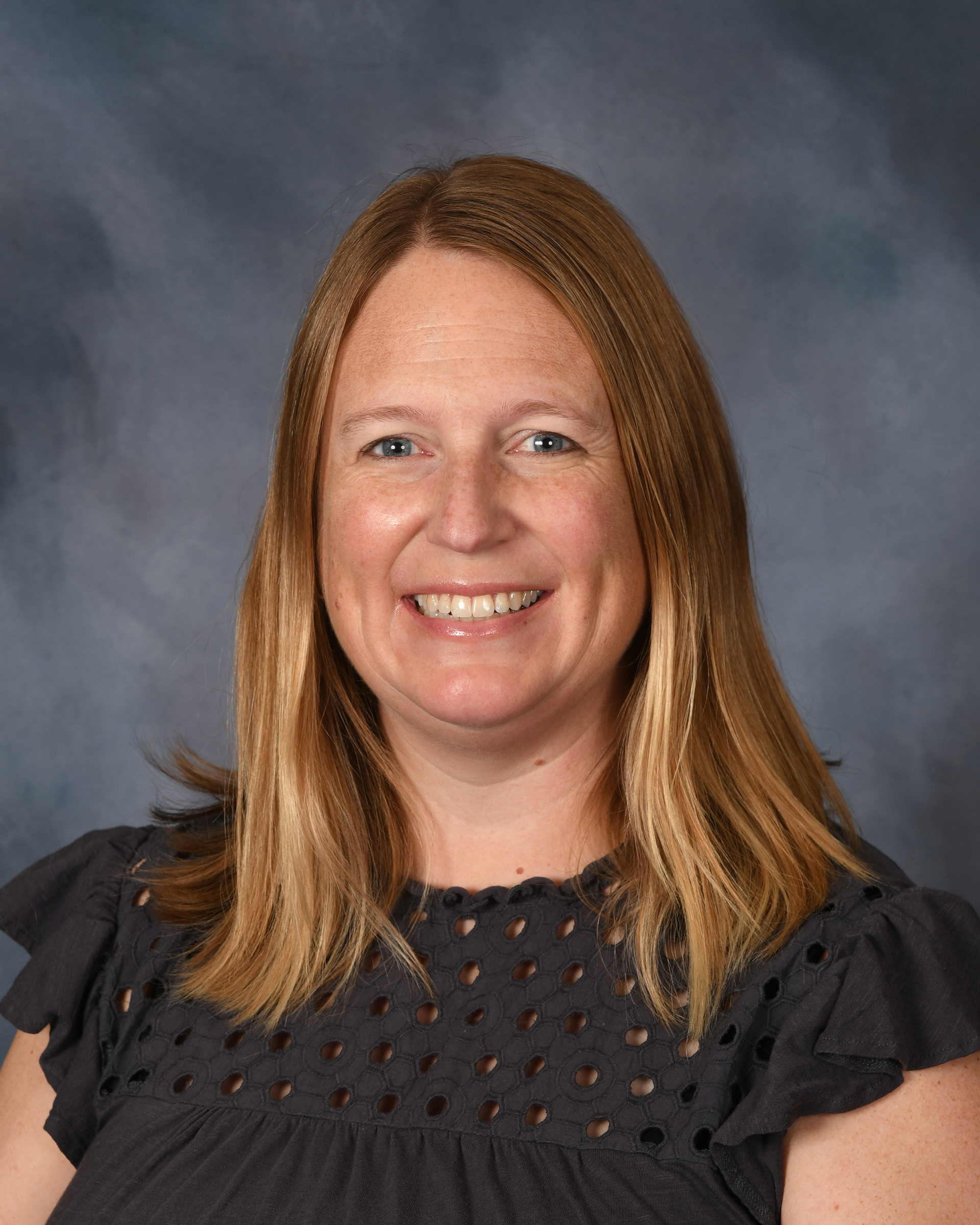Bible
We loop the third and fourth grade CSI Bible curriculum. During the third grade looping year, students study the Old Testament with a focus on what it means for people to be created in God’s image. Additionally, students learn about God’s characteristics and what it means to be created in God’s image. During our fourth grade looping year, students study Israel from the time of the judges until Israel’s exile. Students learn about how God shows faithfulness, justice, and mercy to his people.
Reading
In 3rd grade, we want our classrooms to become a community of readers. We use the workshop model to meet each learner at his/her own reading level. This includes a mini-lesson to develop a specific skill, independent reading and response time, and guided reading time. This gives the teacher the opportunity to focus on a small group of readers to help students work on fluency and comprehension. Students are encouraged to read for fun and to learn new things!
Writing
We use the workshop method and the Lucy Calkins curriculum to teach units in Opinion, Information, Narrative, and Poetry writing. This includes mini lessons, teacher-student conferences, time for free writing, and practice with grammar and mechanics.
Spelling and Grammar
Spelling is integrated into our workshop time using the Words Their Way curriculum. Student word lists are individualized and based on learning different spelling patterns. Students are assessed each week. Grammar concepts are taught intentionally and incorporated into student writing.
Math
Using the Math Expressions curriculum, 3rd graders are encouraged to explore, ask questions, and practice math strategies. Using a variety of math manipulatives and technology, students become fluent in concepts involving multiplication and division, and learn to apply their knowledge to real-world situations. We also explore geometry, graphs, multi-digit computations, fractions, and writing equations to solve word problems.
Science
We use the FOSS curriculum for science, which aligns with the Next Generation Science Standards. During the third grade looping year, students learn about motions and matter, water and climate, and structures of life. During the fourth grade looping year, students explore the concepts of energy, environments, and soils, rocks, and landforms. The students participate in authentic scientific investigation and analyses to build their knowledge about scientific concepts. We actively form and reform our ideas to better understand the world that God created.
Social Studies
Third graders learn about the economy and geography of Michigan. They also study the early history of Michigan and how it has grown and developed into statehood. Concepts of government are also discussed, as well as current issues that Michigan citizens face. Every other year we take a trip to Lansing to visit the Capitol building.
Art
The purpose is to joyfully express individuality, foster critical thinking, and build confidence through the application of fine art media. We learn mostly about tools and how to use them to effectively communicate our ideas. Third grade marks a time where attention to detail becomes a focus. Key concepts include intermediate colors, warm and cool colors and positive and negative space. We create the illusion of depth using overlapping, size variation, placement, foreground, middle ground, and background. We create art that communicates feelings. We begin talking about how history, culture and art influence each other and differentiate between art and artifacts. We also analyze artwork for rhythm, balance and spatial relationships and describe personal reasons for valuing art.
Music
Third grade music marks a maturing phase of musical performance. Applying the skills developed in the earlier grades, students learn to perform new music as a group and as individuals. In addition to learning songs for performance, the students learn the process of sight singing, performing exercises from MSVMA Middle School Sight Reading, Primary Level. A highlight of our third grade music curriculum is guitar performance. With an inventory of over 30 three-quarter size guitars, students learn to perform a variety of songs using their knowledge of five to eight chords. Each year, the third grade students play their guitars to accompany singing at an all-school chapel and again at the JCS Celebration of the Arts Open House. In their third 25-minute music class each week, the third grade rehearses music for performing as the JCS Elementary Choir, which also includes the fourth grade students. This group performs in area churches (once per year) and at the JCS Celebration of the Arts Open House.
Physical Education
Students start the beginning of more sports-based learning. We are still focused on skill development but do this by introducing more dynamic game-play environments. For example, rather than a student practicing kicking a soccer ball with their feet into an open goal, we might start by adding a goalie and then having them play a full soccer game. The ability to think critically in a dynamic environment and learn the rules associated with the games is a bigger focus in 3rd grade, which they will continue to use throughout their elementary and middle school time in PE. Overall, the goal is to develop an enjoyment for movement and skills that will make our students competent to be life-long physically active individuals.
Spanish
The purpose is to instill a love of language in young learners through engaging thematic units full of songs, music, and high-interest activities. This program expands students’ cultural and geographical awareness as we explore Spanish-speaking countries and customs. We begin the year reviewing how to introduce ourselves with me llamo. Then we learned how to introduce un amigo using él and ella se llama. Next, we study los lugares en la escuela. Then we take a peek at el Día de los Muertos. We travel over to Spain and learn about famous artists Pablo Picasso and Salvador Dalí. We have a chance to create our own Spanish art using cubismo and surrealismo. Next, we move into reviewing parts of our body and create silly monstruos. In order to survive in la Amazonia and las Montañas Andes, we learn some survival Spanish phrases in order to compete in Jenison Survivor with our amigo Hamilton. We also learn about los cuentos de hada and transition words. Last, we learn las emociones and a bit about Buenos Aires, Argentina.


